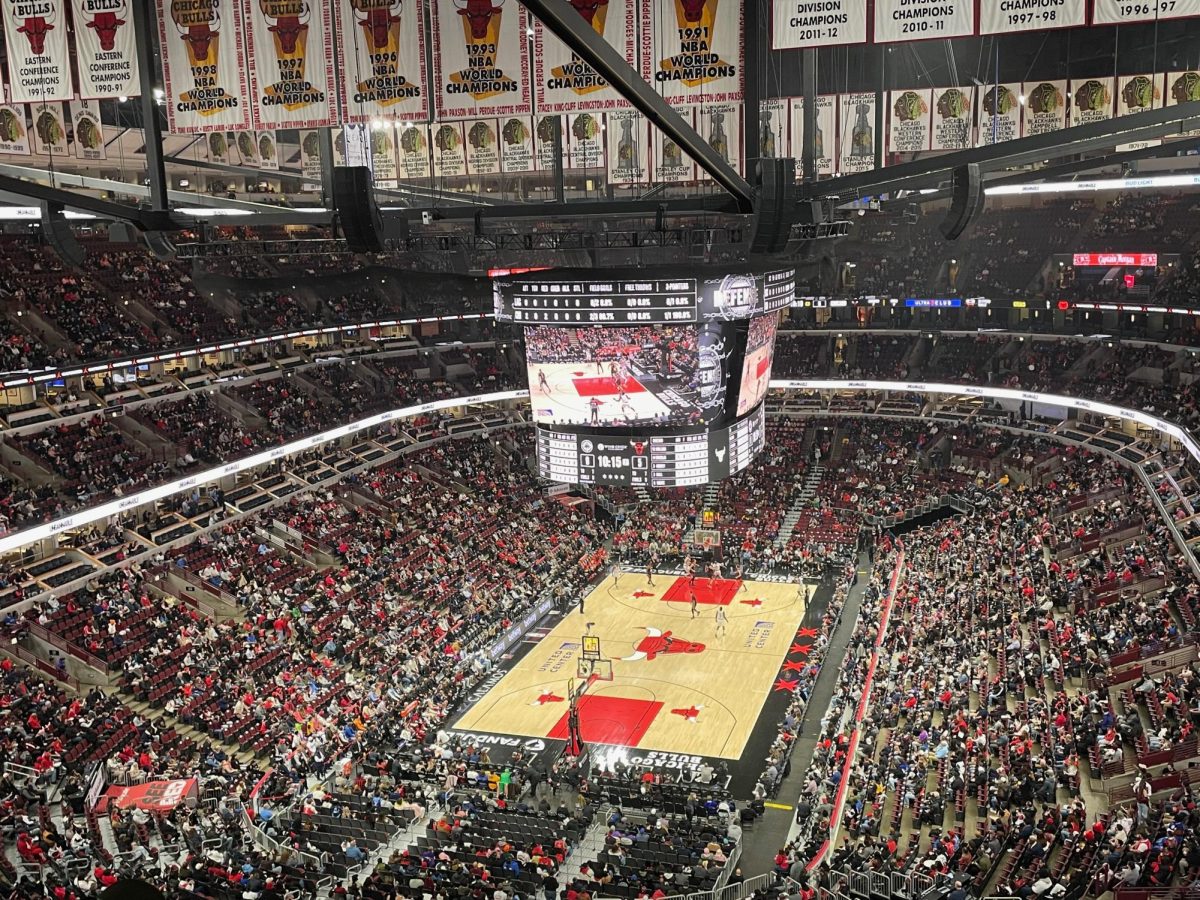61,000 screaming fans. Tension and drama on the field. Frequent Budweiser spot ads. Overtime. Definitely the makings of a great American sporting event.
Only the sport was far from traditional American fare, and the deciding 1-0 result was certainly not a traditional American scoreline.
But for the MLS, it was a big step forward.
This year’s MLS Championship game, between the Los Angeles Galaxy and the New England Revolution, certainly stands as one of the fledgling league’s most successful championship games. In the end, the Galaxy won out, and they finally got the monkey off their backs.
In their fourth try, L.A.—avoiding a Buffalo Bills-like performance—found the winning goal in double overtime. Galaxy striker Carlos Ruiz struck a precise first-time shot past a leaping Adin Brown, and L.A. had its coveted title.
The game, of course, didn’t go New England’s way. Since the match was played in New England, the vast majority of the 61,000 were Revolution fans. Undoubtedly, more than a few New England fans went home unhappy, and it was certainly a tough loss for the Revolution to swallow. Nevertheless, this critical game really highlights the impact the sport of soccer can have on the American sporting scene.
If the MLS can pack 61,000 people into a stadium for a finals game, it’s realistic to think that they could regularly draw around 14,000 for a regular-season match, and maybe 20,000 for the playoffs. These aren’t bad numbers at all, and they certainly build a promising base for the future.
Surprisingly, the MLS Cup Championship was not one of the more entertaining games of the season. Sure, there was a palpable tension surrounding both teams, and both teams were definitely playing hard. Despite these facts, in all honesty, the match displayed very little in terms of attacking-style soccer and aggressive play. New England—as it has for most of the playoffs—played opportunistically. The Revolution kept men back in numbers and waited for L.A. to make mistakes.
This style of play, however, hardly leads to a lot of shots. Indeed, New England got off its very first shot on goal in the 90th minute of play. L.A., on the other hand, did try to take the game to New England. Veteran leader Cobi Jones ran all over the field, desperately looking for holes in the Revolution defense. Also, Ruiz managed to create a few chances on Adin Brown’s net.
New England, of course, deserves a lot of credit. Throughout the playoffs, the team played as underdogs, and things were no different in the title game. Man for man, L.A. probably had more offensive weapons. Moreover, although New England boasted a strong defense, star striker Taylor Twellman was not at full strength. The Revolution really never created dangerous chances. In that respect, L.A. deserved to win the game.
Regardless of the outcome, this game contains promising signs for MLS. The game wasn’t terribly exciting, but the crowd stayed in it for all 90-plus minutes. The screaming fans, coupled with the frenetic pace of the game, created an exhilarating atmosphere. People watching on TV would certainly want to attend a match like this. The teams played with determination and spirit. Fans anywhere around the world, from Brazil to Korea, could ask for little more from their players.
So how can MLS transform this match into continued success for the league? Well, the opening of small, soccer-friendly stadiums will help, as will cautious expansion. For the most part, though, a continued emphasis on creating passion on the field—and a desire to win from both teams—remains the most important ingredient for success. The playoff structure needs to be refined. Possibly, playing a one-game knockout series from the onset or at least eliminating the arcane first-to-five-points system will help stir up more excitement before the final match. No more matches played for a draw.
Undoubtedly, MLS needs to change its structure in the future. Attendance has still been stagnant these past few years. Furthermore, the power structure in the league—partially caused by the general mediocrity of most MLS clubs—shifts almost too quickly. Every year a new champion is crowned, and teams never really develop a sustained sense of reputation. Unlike places like England or Germany, there is no predominantly strong team in MLS. No team regularly dominates regular-season play, and, in a way, this hurts MLS. There is no signature MLS team: no Chicago Bulls of the ’90s or San Francisco 49ers of the late ’80s. MLS needs a signature team to help its identity a bit.
For now, though, these possibilities for enhancements remain far off. Right now, Cobi Jones, Carlos Ruiz, and the rest of the Galaxy should rest easy. They should know that they won a championship that is continually gaining importance in this country, and will most likely continue to grow in the future.
And, most of all, after three previously unsuccessful tries, they should breathe a huge sigh of relief.
The monkey is officially off of their backs, and the Galaxy can finally rest easy.








